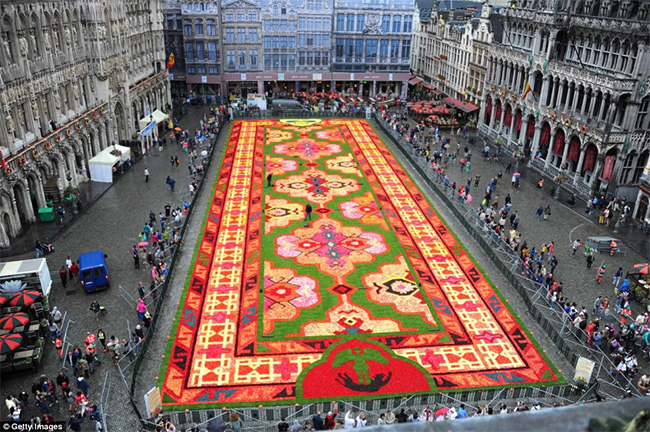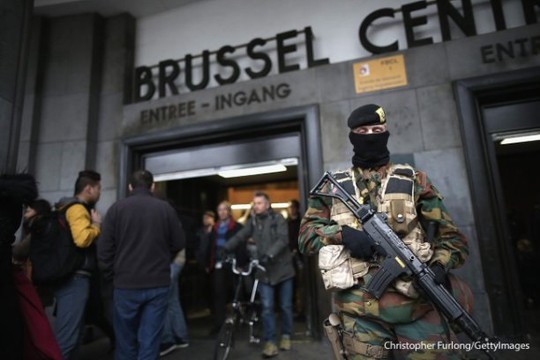In June, the European Commission received a request from Brussels. The costs for the renovation of the central area that houses the European Union’s most important institutions, including the commission, were running over. With debt levels already dangerously high, the city was in desperate need of funds. To many readers, this might sound as if the European Union dispatched a request to itself.
Yet for inhabitants of the city — including me — the equation between the bloc and Brussels is anything but self-evident, writes Anton Jäger, a contributing ‘The New York Times’ Opinion writer.
Brussels, Belgium’s bilingual capital, is not just home to E.U. institutions, which employ around 50,000 people, usually in the same expat bubble. With a population of over 1.2 million, it also possesses its own large city government and has been, since 1989, one of the country’s three semiautonomous regions.
That effort is now under serious strain. For over a year, Brussels has been without a working government. Signs of dysfunction — from rising homelessness to crumbling infrastructure — are accumulating, and a fiscal crisis not unlike New York City’s in the 1970s is on the horizon. Escalating drug violence has even led some to liken the city to crime-ridden Marseilles in France. Brussels, it seems, is nearing the end of its experiment in urban autonomy.
The significance of this eclipse goes beyond Belgium. As Western countries lurch further rightward, many liberals and progressives have cast their eyes on cities as potential fortresses against reaction.
Brussels has developed a robust public transport system, which easily outdoes those of larger European cities, and has overseen a generous welfare state, even if that is mostly a federal achievement. Throughout, it has maintained an inclusive, pluralistic approach to governance. All of that is now under threat, compounded by a set of typically Belgian arrangements.
After elections in June 2024 the old rules broke down. The Francophone Socialists refused to work with Flemish nationalists, while French-speaking liberal politicians refused to rule with a new Muslim party.
The result has been deadlock. As the city’s credit rating worsens, it is an almost mathematical certainty that a future Brussels government will have to assent to an austerity program.
The unconsoling truth is that there are no quick fixes for the city’s deficit problem. Negotiations among parties to slash one billion euros in spending are underway. But real fiscal power lies beyond City Hall, in the federal government. There a coalition led by right-wing Flemish nationalists is undertaking a sweeping program of changes, including the capping of unemployment benefits, with the aim of deconstructing the country’s once mighty welfare state.
With the city’s drug violence worsening — over 20 shootings were recorded this summer — a nuclear option has come into view: a federal coup, in which the Brussels government is taken over by the national one.
Ominously, Prime Minister Bart De Wever has derided the city as a “failed state” and hinted at an International Monetary Fund-like treatment. An effective takeover could take place through a constitutional loophole. If the city’s international role is deemed to be under threat, the federal government can act as a guardian of its budget.
…Once in Brussels. Year 2014. A gigantic carpet made of thousands of flowers has been created to celebrate 50 years of Turkish workers' migration to Belgium.

read more in our Telegram-channel https://t.me/The_International_Affairs

 11:04 06.10.2025 •
11:04 06.10.2025 •























